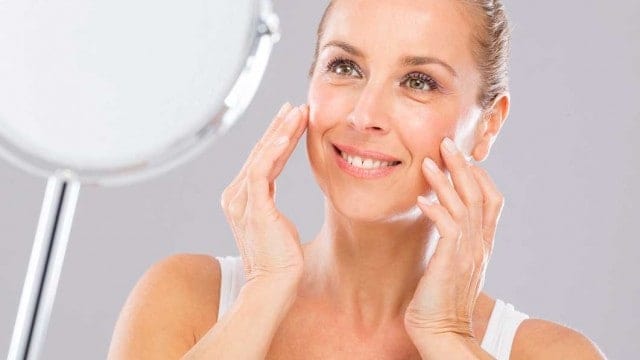An international team of scientists, including researchers from the HSE, have conducted the largest cross-cultural study of appearance-enhancing behaviours to date. The study surveyed over 93,000 people from 93 countries to determine what motivates people to enhance their physical appearance. The research found that people worldwide spend an average of four hours a day on appearance-enhancing behaviours, regardless of gender or age. While appearance enhancement has long been associated with mating behaviour, the strongest predictor of such behaviour appears to be social media usage.
Humans have always valued physical appearance, with early humans applying pigment and ancient civilizations using cosmetics and ornate clothing. Appearance enhancement may have originated from primate self-grooming behaviours. While appearance enhancement has been linked to mating behaviour, other factors such as pathogen prevalence, sociocultural characteristics, and media usage may impact how much time people spend enhancing their appearance.
The study found that people spend an average of four hours a day on appearance-enhancing behaviours, such as makeup application, grooming, body hygiene, and exercising or dieting for appearance purposes. Contrary to assumptions, both men and women, and both younger and older individuals, spend the same amount of time enhancing their appearance. However, those in early romantic relationships tend to spend more time enhancing their appearance.
The pathogen prevalence theory suggests that people in countries with high levels of dangerous infections may spend more time enhancing their appearance to conceal visual imperfections. While the study confirmed that individuals with a history of serious pathogenic diseases are more likely to enhance their appearance, no association was found between investing in appearance and living in a country with certain pathogens. This may be due to improved healthcare in even poorer countries that previously struggled with severe infections.
The study also found that women in countries with pronounced gender inequality and traditional gender roles invest more time in appearance enhancement. Similarly, individualistic cultures that value individual accomplishments also emphasize the importance of enhancing one’s physical appearance. Finally, the study found that social media usage is the strongest predictor of appearance-enhancing behaviours, with active users striving for unrealistic beauty standards investing more time in appearance enhancement than those who spend less time on social networks.
Overall, the study sheds light on the motivations behind appearance enhancement and provides valuable insights into human psychology and attitudes towards beauty.

